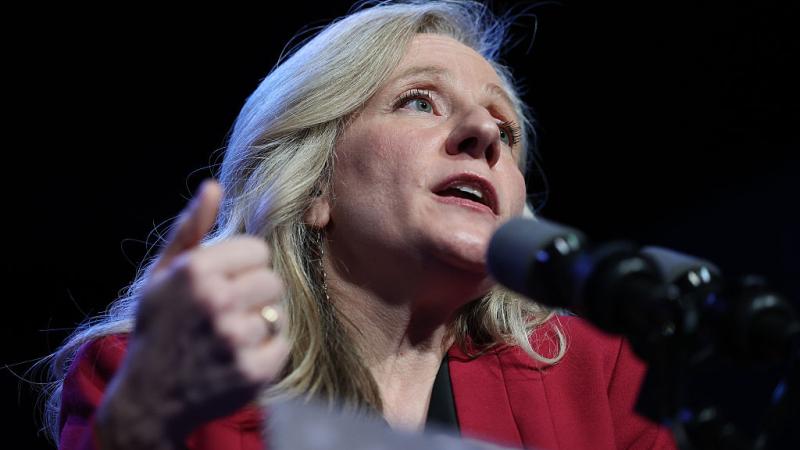IRS won't require dealers to verify buyers' income before applying $7,500 EV tax credit as discount
Previously, buyers had to wait to claim the EV credit, which would reduce their tax bills up to $7,500 whenever they filed their return. The new approach is more like a direct subsidy, with $7,500 knocked off the sale price at the point of purchase.
Electric vehicle buyers will now be allowed to collect a federal tax credit of $3,750 or $7,500 in the form of a discount at the point of sale on select vehicle models, according to the latest guidance released by the Internal Revenue Service and U.S. Energy Department.
Previously, EV buyers had to wait until they filed their taxes to take advantage of the tax credit, which would simply reduce their tax bill up to $7,500. For example, if someone owed $6,000 in taxes to the U.S. government, the tax bill would be reduced to zero if they purchased a qualified EV during tax year 2023. If they did not owe any taxes and purchased a qualified EV, they would not receive additional funds back from the IRS.
For 2024, as long as buyers meet the income requirements in the Democrats' $740 billion Inflation Reduction Act, the tax credit would be treated as a discount off of the sale price of the vehicle. To obtain the discount, a purchaser simply would have to choose to "transfer" the credit to the dealer, according to IRS guidance.
The adjusted gross income limits for EV buyers in 2024 is $300,000 for married couples filing jointly, $225,000 for heads of households and $150,000 for all other tax filers.
A buyer could also decide not to transfer the credit and wait until they file their tax return to collect it, which is the same way the process was handled in 2023.
Auto dealers will be administering the point of sale instant EV rebate program and the IRS is not requiring them to verify an EV purchasers' income. Rather, buyers are expected to simply attest that they meet the requirements.
"Dealers are not required to verify a purchaser's income for a credit transfer or advance payment and are not required to repay the advance payment if the purchaser exceeds the income limits," read the IRS guidance. "Dealers are required to disclose information about the applicable income limits to the purchaser, who must attest that he or she expects to qualify for the credit."
To assist dealers with their "disclosure obligations," the IRS said it plans to publish a "sample disclosure form prior to January 1, 2024." The form does not appear to be available on the agency's website yet.
Under the IRA, there are two sets of battery requirements qualified EV models have to meet in order to be eligible for buyers to receive a tax credit for purchasing them. One set involves critical minerals and the other relates to battery components.
Fewer EV models qualify for the full $7,500 tax credit in 2024 compared to 2023. For example, the Tesla Model 3 rear wheel drive and long range models no longer qualify for any federal tax incentives. The Chevy Bolt still qualifies for $7,500 and Rivian EV models only qualify for $3,750, according to the U.S. Department of Energy.
Not all EV auto dealers or retailers have started to offer the discounts at the point of sale as of Tuesday. Rivan's website, for example, does not show the EV tax credit as a discount on its vehicle order page.
Tax experts like Scott Hodge, president emeritus of the Tax Foundation, said the immediate point of sale discount program for EV purchases invites tax fraud.
“The new rules that allow dealers to take buyers word verifying their income invites mistakes, fraud, and headaches for the IRS,” Hodge told Just the News.
“If a buyer understates their income to get the maximum rebate at the dealership, the IRS will have to claw back some of the credit on their tax return. Yet, the dealer got the full amount of the credit,” he added.
Hodge described the rebate program as a mess.
”At some level, each party has an incentive to try to maximize the credit while the IRS must sort it out after the fact. What a mess,” he said.
"I predict a blizzard of investigations and exposes about fraud and errors in this program in the years to come," Hodge also said.
The Facts Inside Our Reporter's Notebook
Links
- the Internal Revenue Service
- U.S. Energy Department
- $740 billion Inflation Reduction Act
- two sets of battery requirements
- the Tesla Model 3
- The Chevy Bolt
- Rivian EV models















